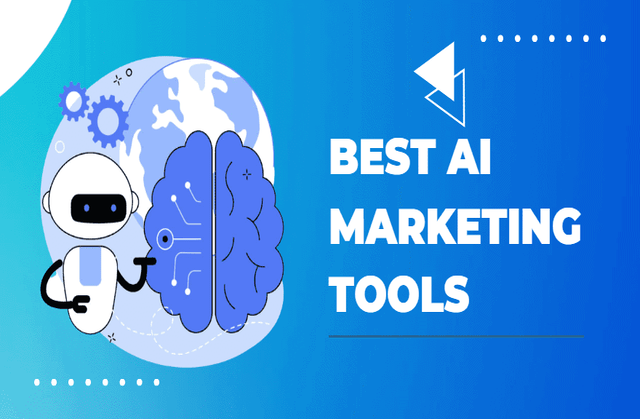
Measuring SEO Success: Key Metrics for Tracking Your ROI
September 28, 2023
Mastering B2B Lead Generation in the Digital Marketing Era
November 23, 2023Search Engine Optimization (SEO) is a critical element of any successful online presence. To improve your website’s visibility and attract more organic traffic, you need a comprehensive set of tools at your disposal. In this blog post, we will explore a list of essential SEO tools that every digital marketer, webmaster, or business owner should have in their arsenal.
1. Keyword Research Tools:
a. Google Keyword Planner: This free tool by Google helps you find keywords relevant to your niche and provides essential metrics like search volume and competition.
b. Ahrefs: A popular paid tool that offers comprehensive keyword research features, competitive analysis, and backlink data.
c. Semrush: Another powerful paid tool that not only assists with keyword research but also provides insights into your competitors’ strategies.
2. On-Page SEO Tools:
a. Yoast SEO (for WordPress): A widely-used plugin for WordPress users, it helps optimize individual pages for SEO by offering suggestions and real-time analysis.
b. Screaming Frog SEO Spider: This desktop-based tool is perfect for site audits, as it crawls your website, identifying on-page SEO issues such as broken links and missing meta tags.
3. Technical SEO Tools:
a. Google Search Console: A free tool that provides invaluable information about your website’s performance in search results, indexability, and crawling errors.
b. Bing Webmaster Tools: Similar to Google Search Console but tailored to Bing’s search engine.
c. SEO Site Checkup: This online tool helps you detect and fix technical SEO issues like duplicate content, server errors, and mobile responsiveness.
4. Backlink Analysis Tools:
a. Ahrefs: Besides keyword research, Ahrefs offers an extensive backlink analysis feature, allowing you to explore your site’s backlink profile and that of your competitors.
b. Majestic: Known for its detailed link data, Majestic provides a Trust Flow and Citation Flow metric, helping you evaluate the quality of your backlinks.
5. Content Optimization Tools:
a. Grammarly: Ensure your content is free of grammatical errors, which can impact your site’s credibility and user experience.
b. Copyscape: Check for duplicate content to avoid penalties from search engines.
6. Rank Tracking Tools:
a. SEMrush: This versatile tool also helps you track your website’s keyword rankings over time and compare them to your competitors.
b. Moz Pro: Provides features like rank tracking, link analysis, and on-page recommendations to help you improve your rankings.
7. Social Media and Content Marketing Tools:
a. Buffer: Simplify your social media scheduling and analytics.
b. Hootsuite: Manage and analyze your social media efforts across multiple platforms.
c. Buzzsumo: Discover popular content in your niche to help inform your content marketing strategy.
8. Local SEO Tools:
a. Google My Business: Essential for local businesses, this tool helps you manage your online presence on Google Maps and Search.
b. Yext: A comprehensive platform for managing your business listings across various directories and platforms.
9. Mobile Optimization Tools:
a. Google’s Mobile-Friendly Test: Ensure your website is mobile-friendly for improved rankings and user experience.
b. PageSpeed Insights: Evaluate and optimize your site’s loading speed for both mobile and desktop.
10. Analytics Tools:
a. Google Analytics: The go-to tool for tracking website traffic, user behavior, and conversion rates.
b. Google Data Studio: Create customizable reports and dashboards to monitor your website’s performance.
11. User Experience (UX) Tools:
a. Hotjar: Gain insights into how users interact with your website through heatmaps, session recordings, and surveys.
b. Optimal Workshop: Useful for improving your site’s information architecture and navigation.
These essential SEO tools cover a broad range of aspects in your quest to improve your website’s visibility and attract organic traffic. While some of these tools are free, others come with a cost. Your choice should depend on your specific needs and budget. Remember, SEO is an ongoing effort, so regularly using these tools to monitor and improve your website is key to long-term success. Stay up-to-date with industry trends, search engine algorithms, and the latest tools to stay competitive in the ever-evolving world of SEO.







1 Comment
gjtj